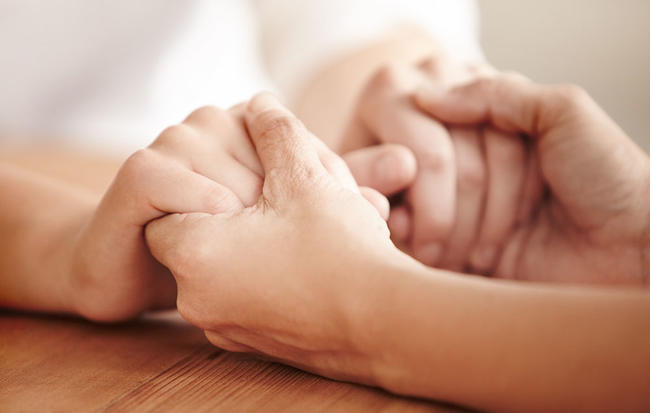Forgiveness is a healthy, necessary ingredient in life, and it’s best spent on others rather than being sought from others. Forgiving others is linked to fewer depressive symptoms in women, regardless of whether or not the women feel other people have forgiven them, according to research from the University of Missouri.
“It doesn’t feel good when we perceive that others haven’t forgiven us for something,” said Christine Proulx, PhD, the study’s coauthor and an associate professor in the University’s department of human development and family science. “When we think about forgiveness and characteristics of people who are forgiving—altruistic, compassionate, empathetic—these people forgive others and seem to compensate for the fact that others aren’t forgiving them.”
“It sounds like moral superiority, but it’s not about being a better person,” she continues. “It’s ‘I know that this hurts because it’s hurting me,’ and those people are more likely to forgive others, which appears to help decrease levels of depression, particularly for women.”
The researchers found that forgiving others was more protective against depression than self-forgiveness, especially when the women felt that forgiveness hadn’t been reciprocated. That being said, for women who don’t have a tendency to forgive others and feel that others haven’t forgiven them, self-forgiveness can have a mental-health benefit.
While forgiving others appears to be more important for protecting your happiness than self-forgiveness is, Dana Velden, author of Finding Yourself in the Kitchen and Zen priest, explains that self-forgiveness is still an important part of self-discovery.
Surprisingly, one of the best places to practice it is in the kitchen. “For all my trilling on and on about the pleasures and passions of life in the kitchen, I am also quite aware that the kitchen can be an unforgiving place, where we risk a whole array of mistake-making events every time we enter,” says Velden.
She explains that this arena laden with mistake traps provides the opportunity to become familiar with feeling vulnerable and forgiving your own mistakes.
“We’re vulnerable when we make mistakes, and we’re vulnerable, too, when we allow intimacy into our lives. When we begin to bring attention and appreciation to our everyday encounters, when we drop some of our defensive posturing and allow the bright simple truths of the moment to step forward, we also encounter who we are in ways that maybe we’ve never touched before.”
Velden says that this experience of intimacy with your own being and your own mistakes can be jarring, but the kitchen is a safe place to practice it.
“The kitchen is a good place to play around with this less-familiar way of being,” she explains. “Kitchens are usually warm and friendly places where the worst that can happen is that you screw up a meal and will have to order in a pizza. (Unless you manage to burn down the house—that might be the worst thing, but let’s agree it’s not likely to happen.) Kitchens are a safe place for us to open up and make some beautiful messes and interesting mistakes.”
“So get into the kitchen and practice with making mistakes, practice with being vulnerable,” says Velden. “Bring in some of that bright light of awareness and let it shine in the dark corners. Allow yourself to be made just a little more whole by what you find there.”












